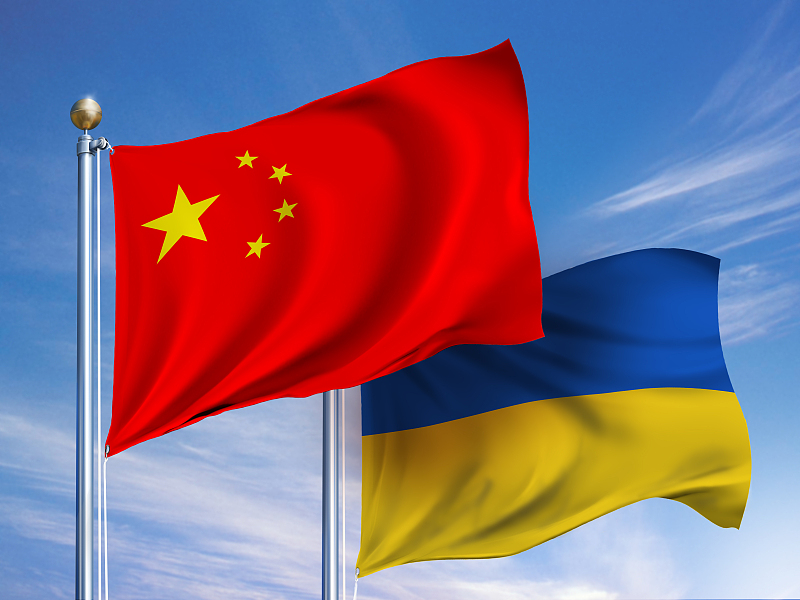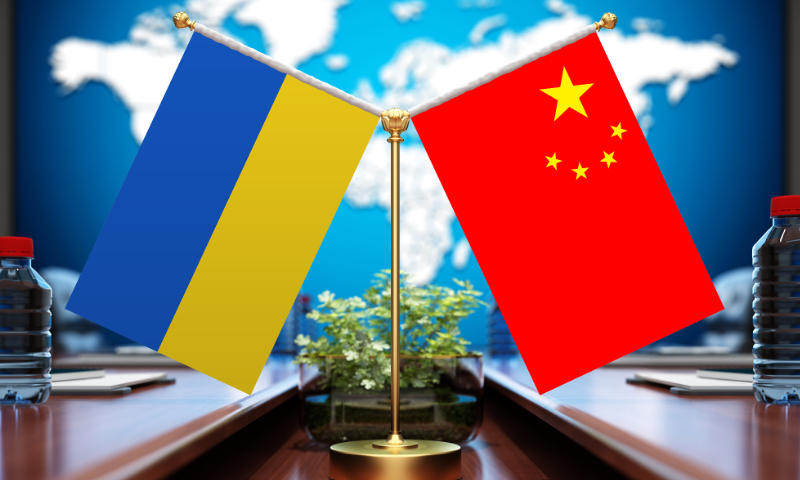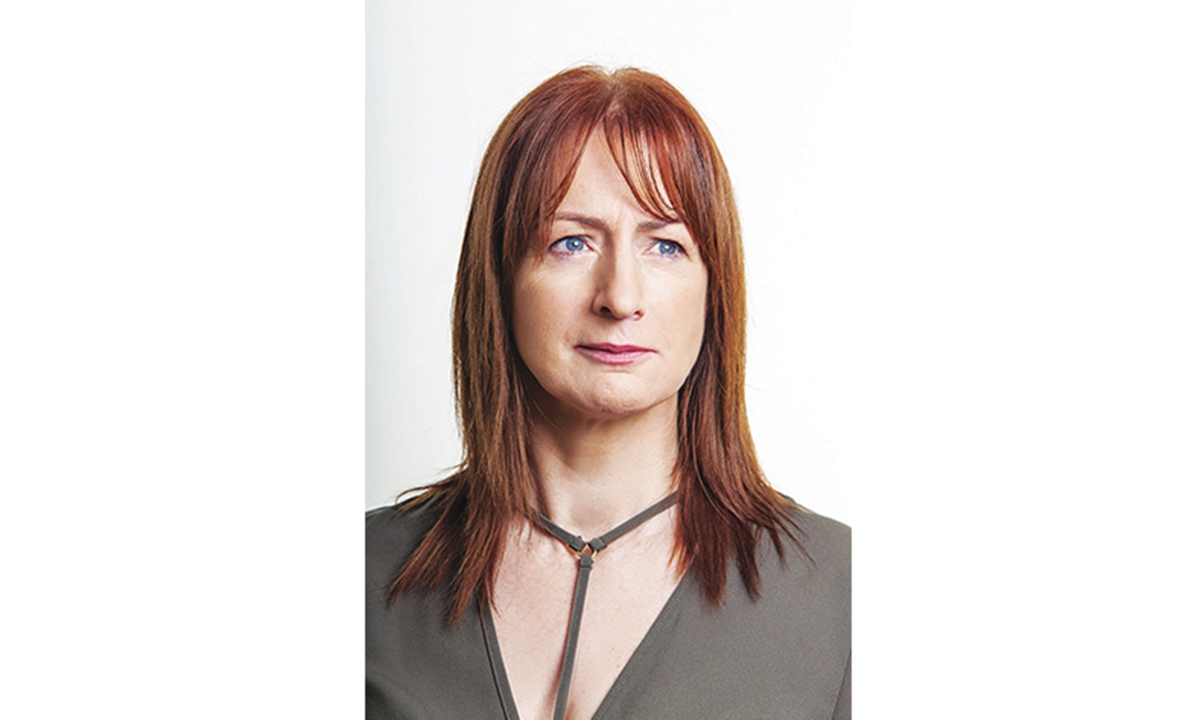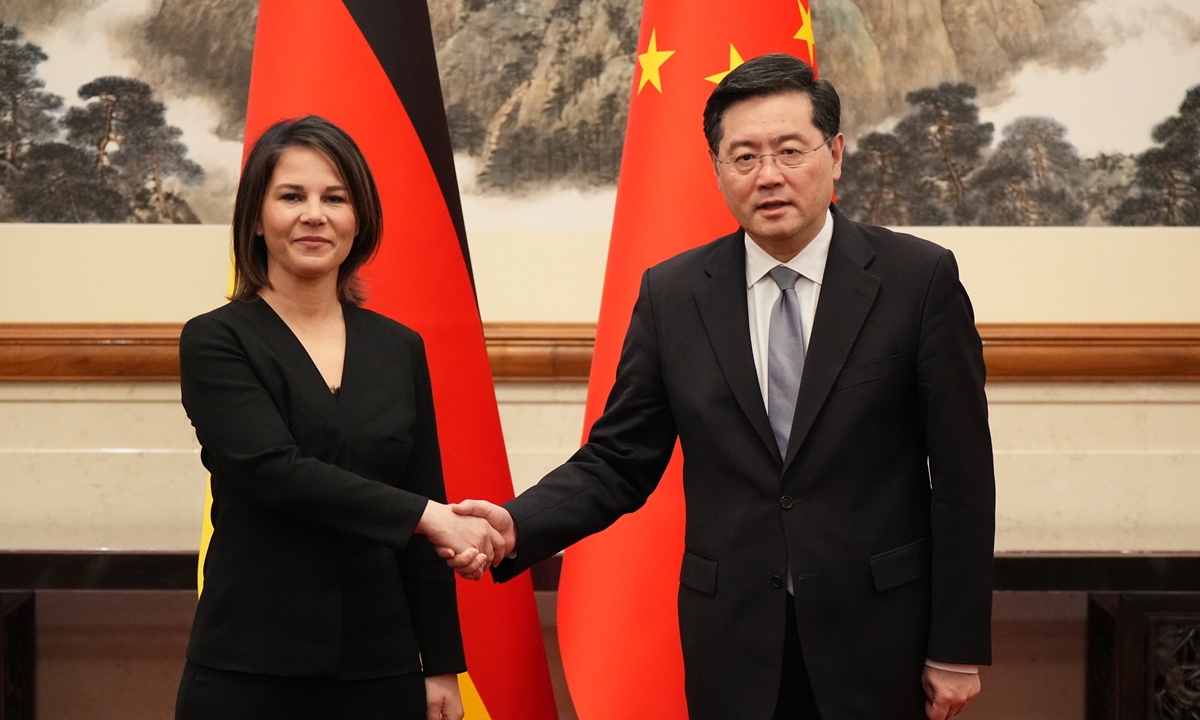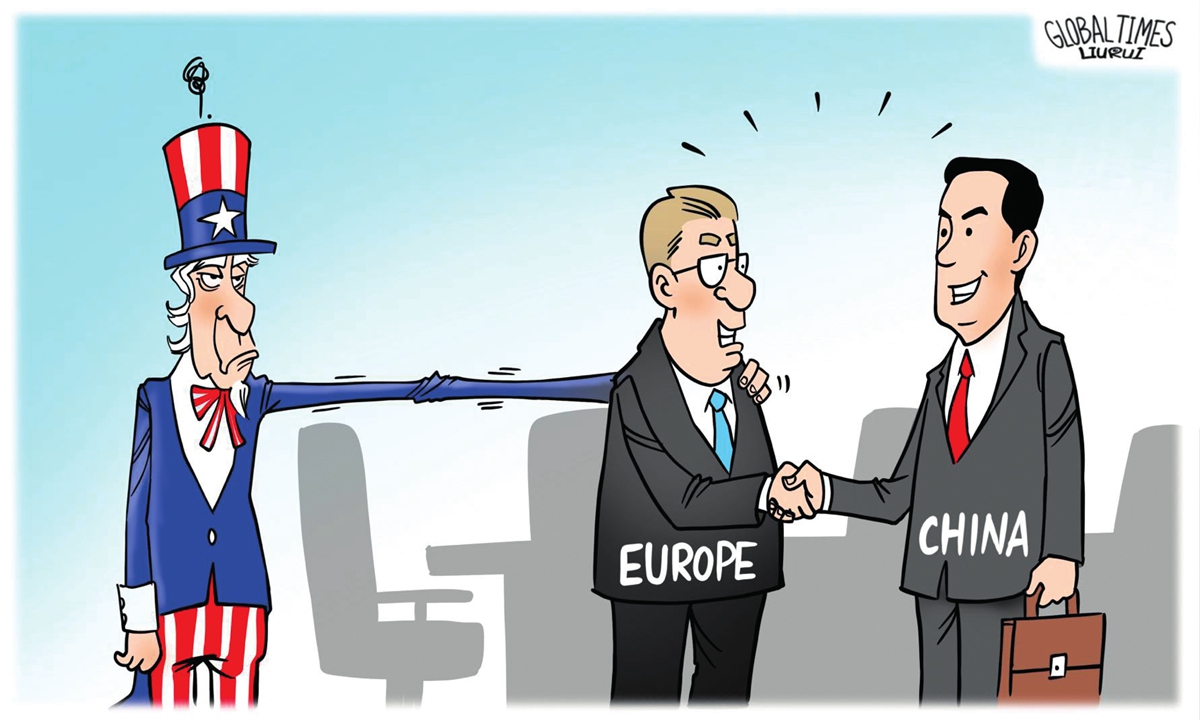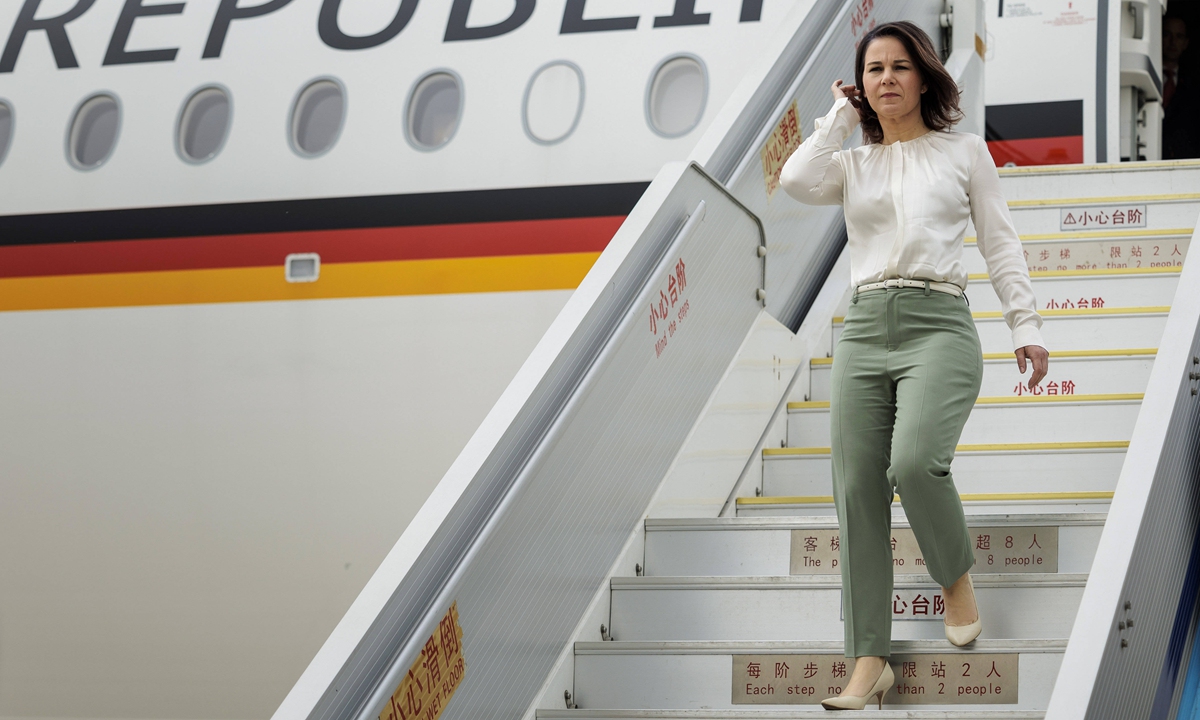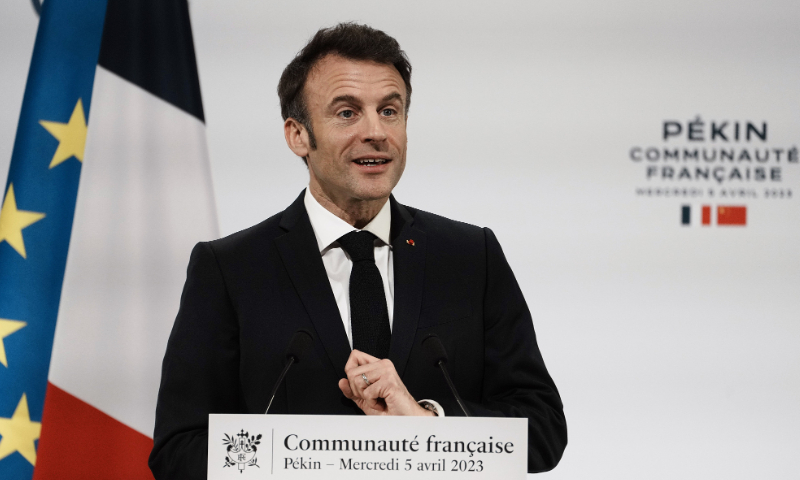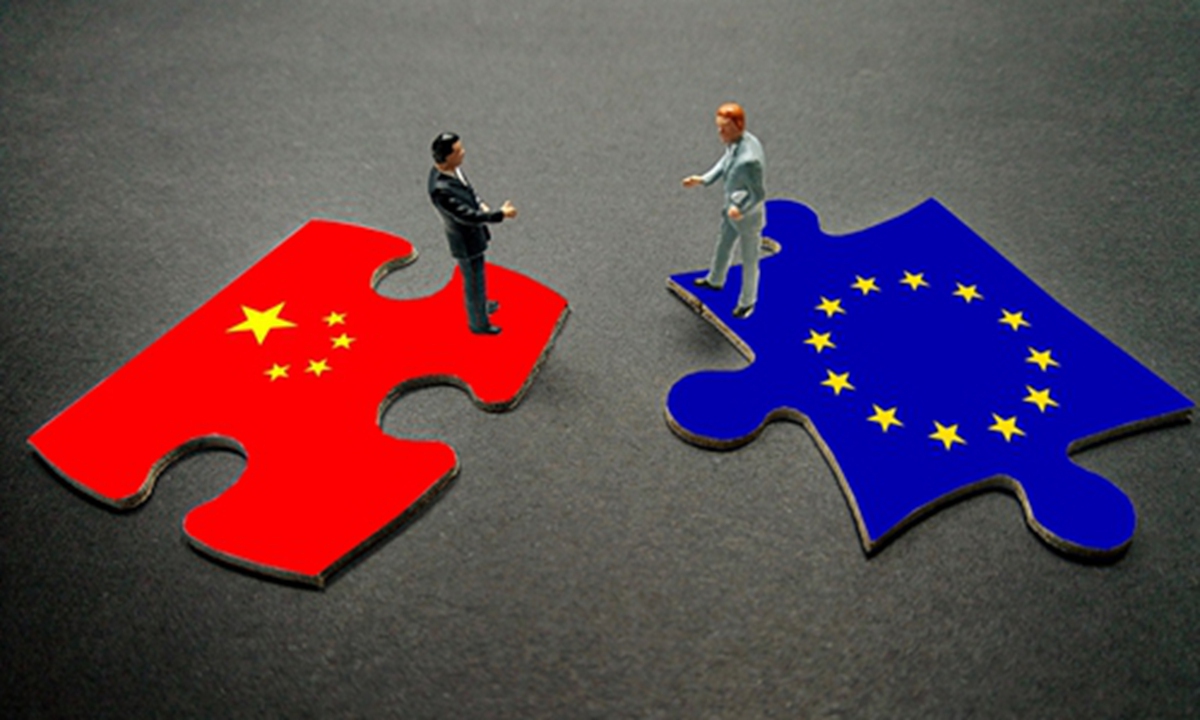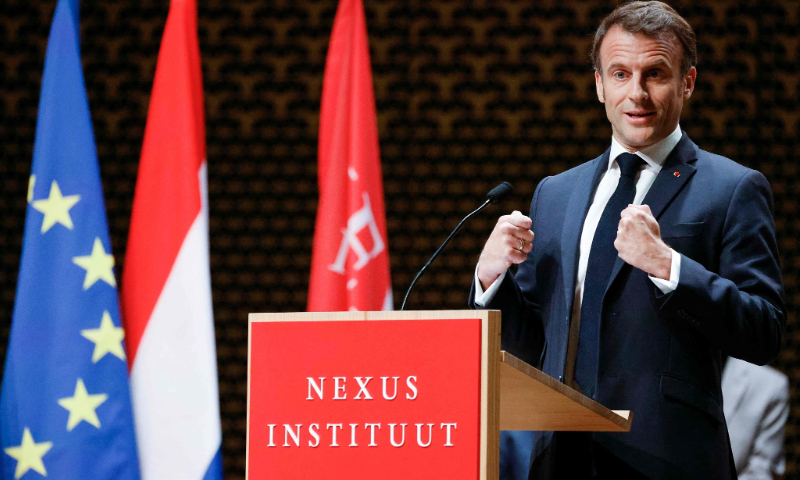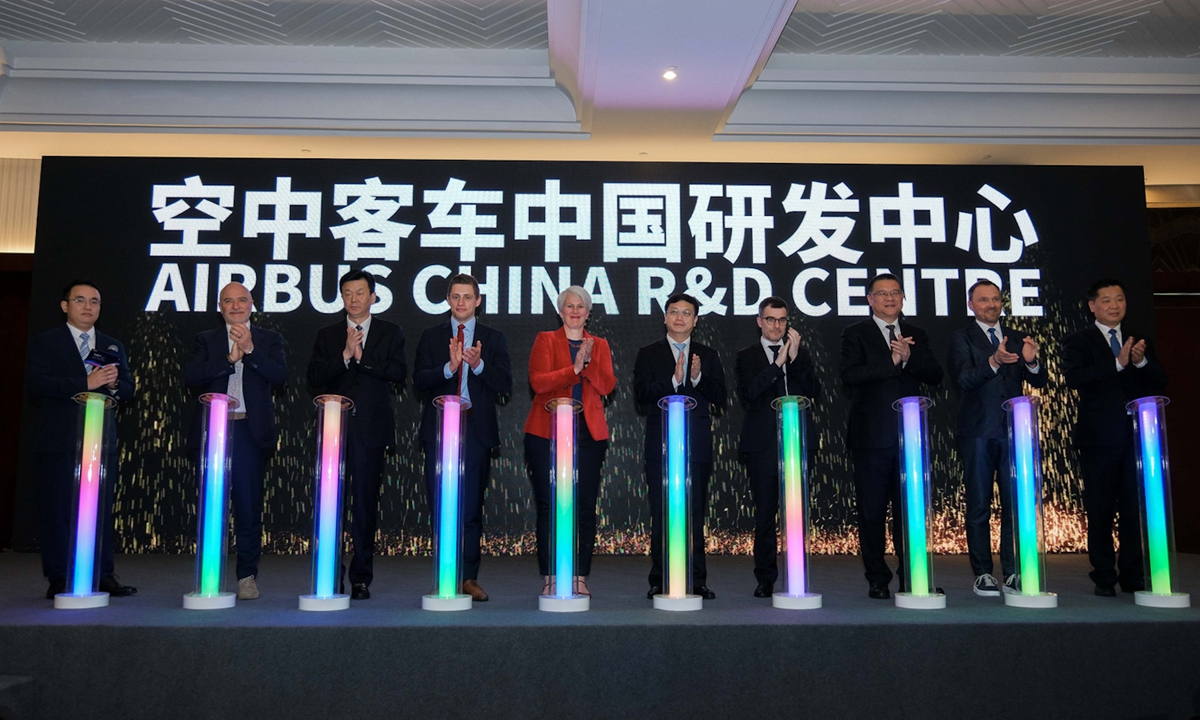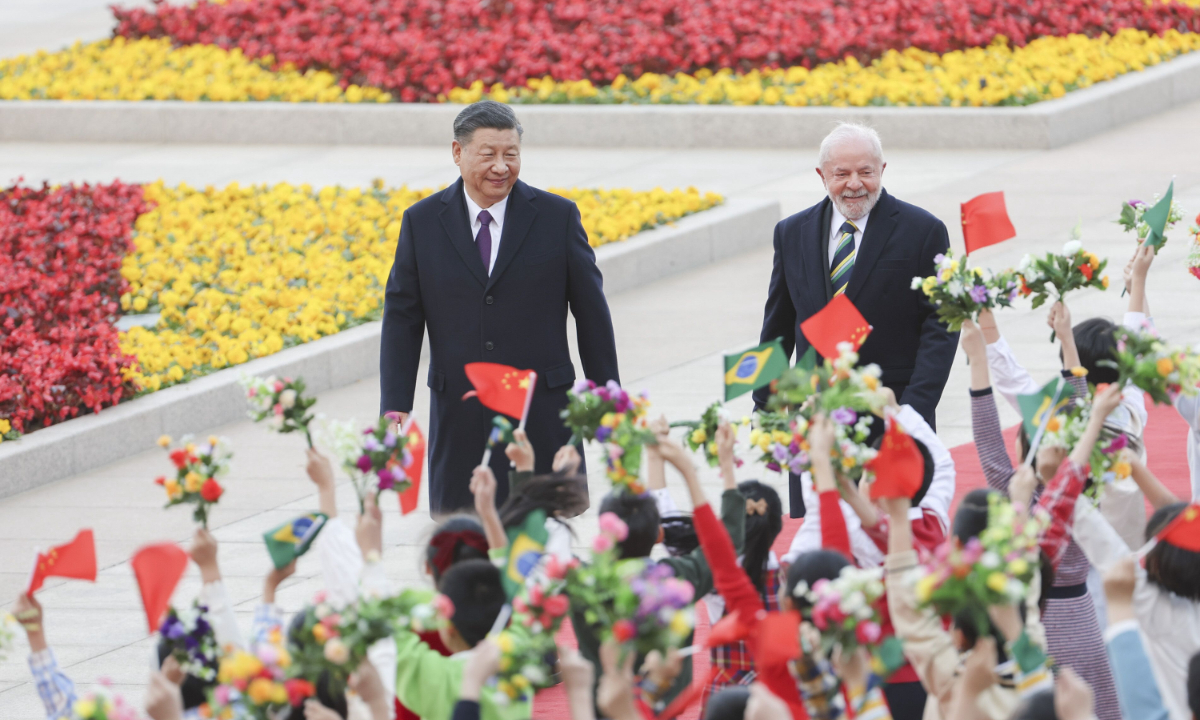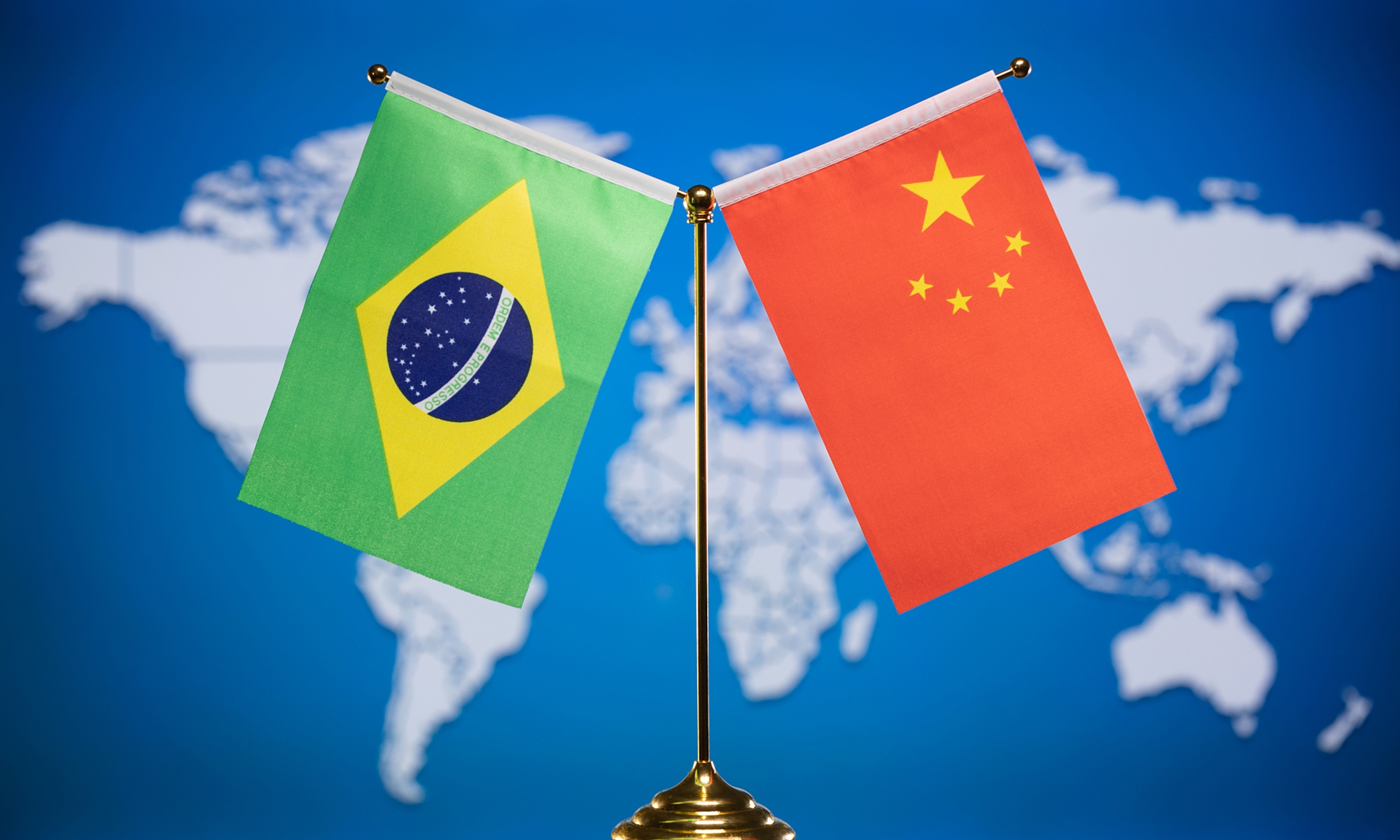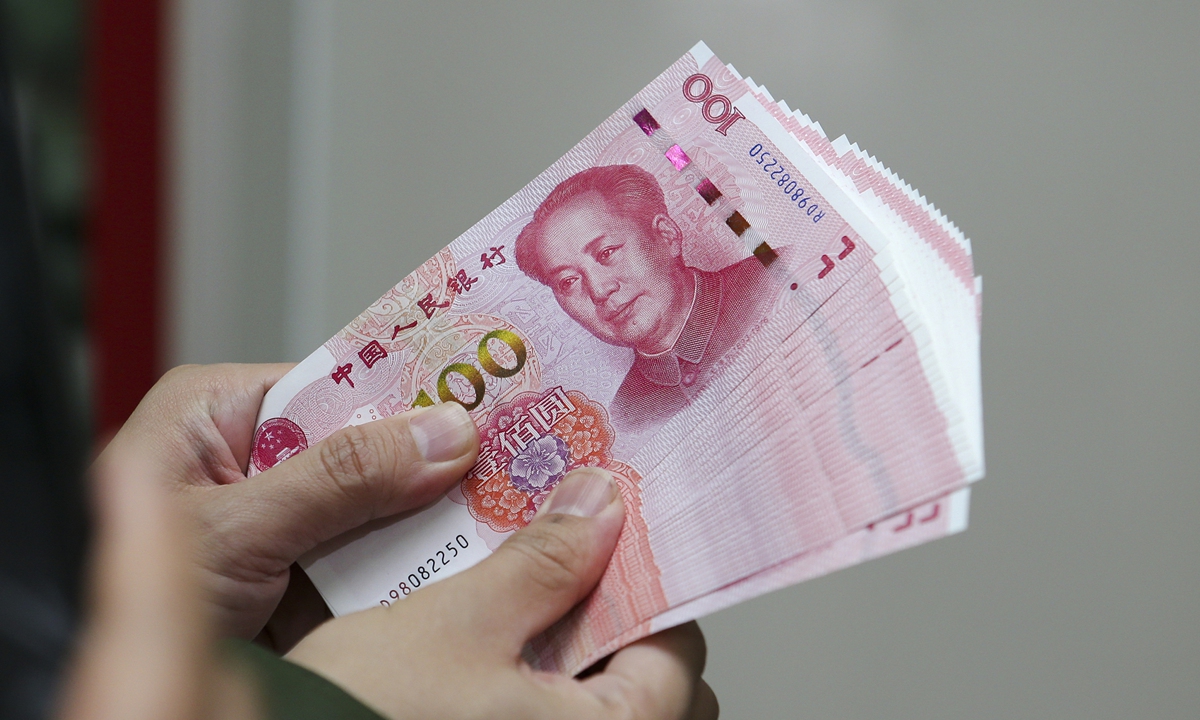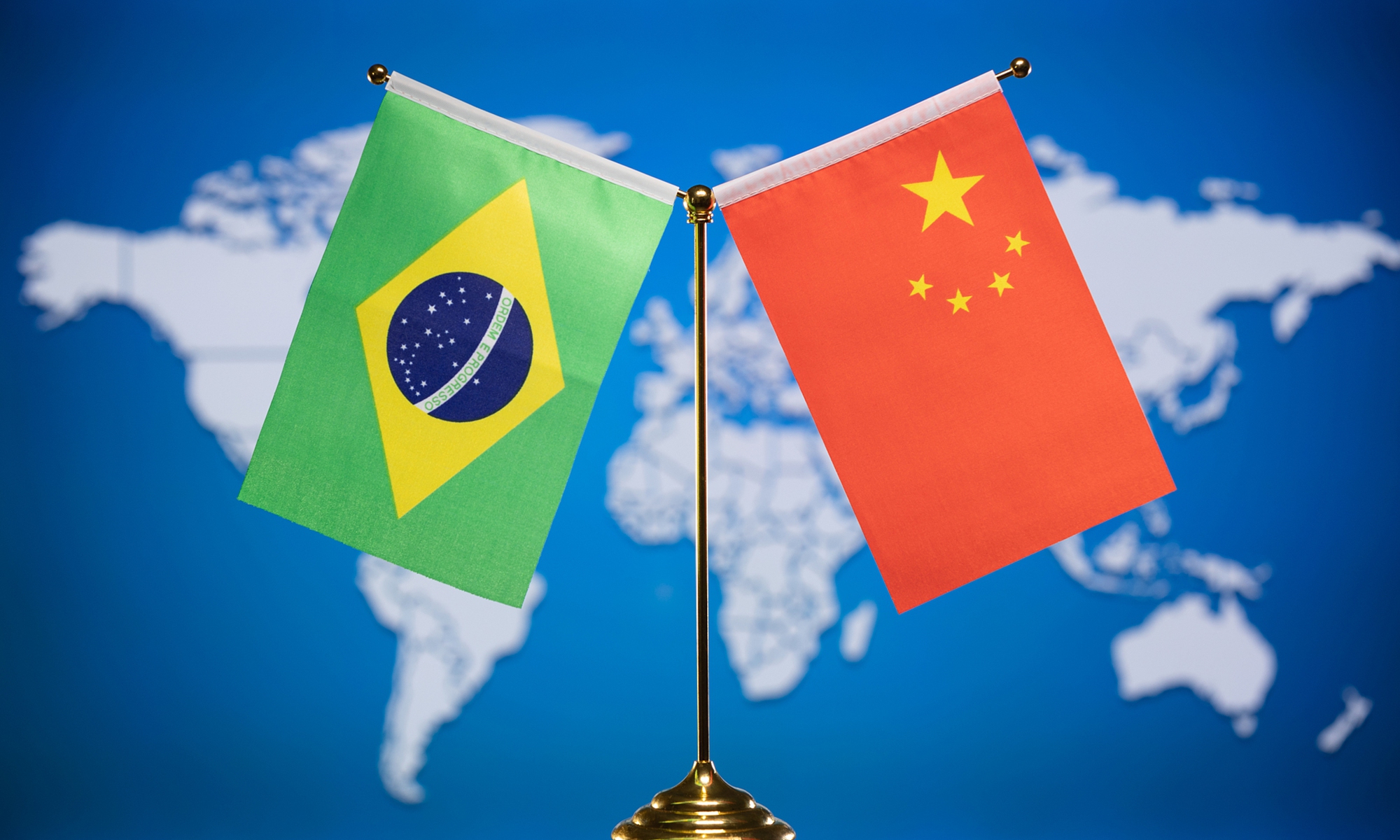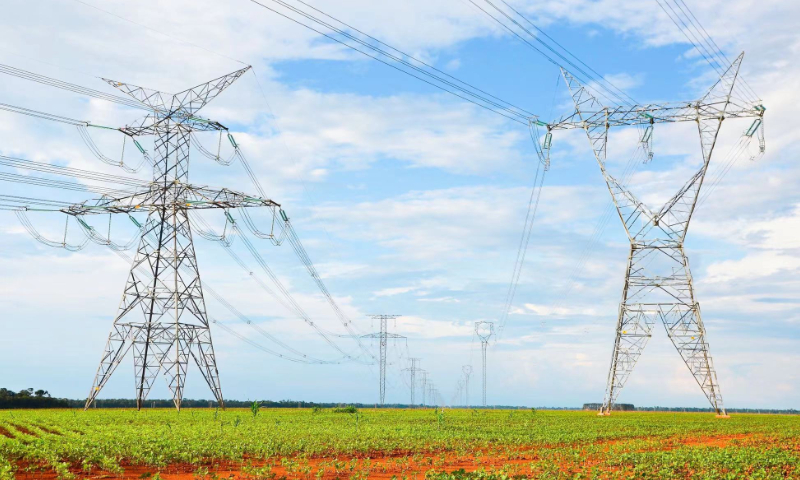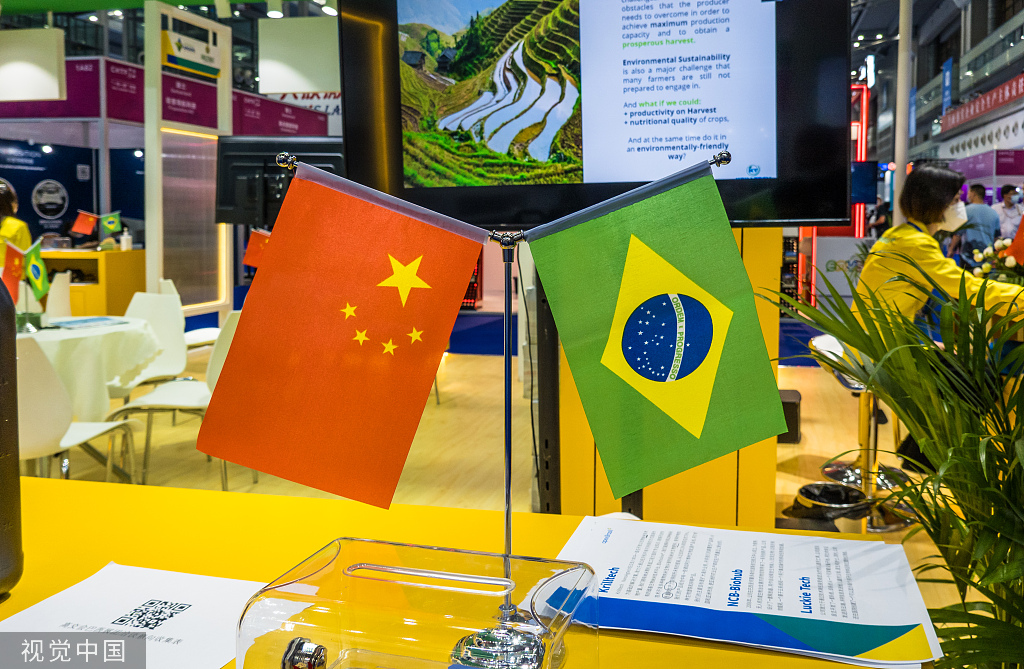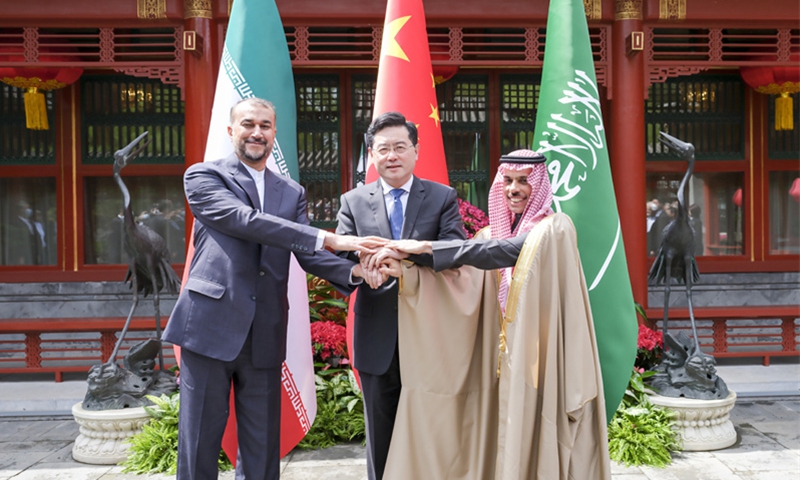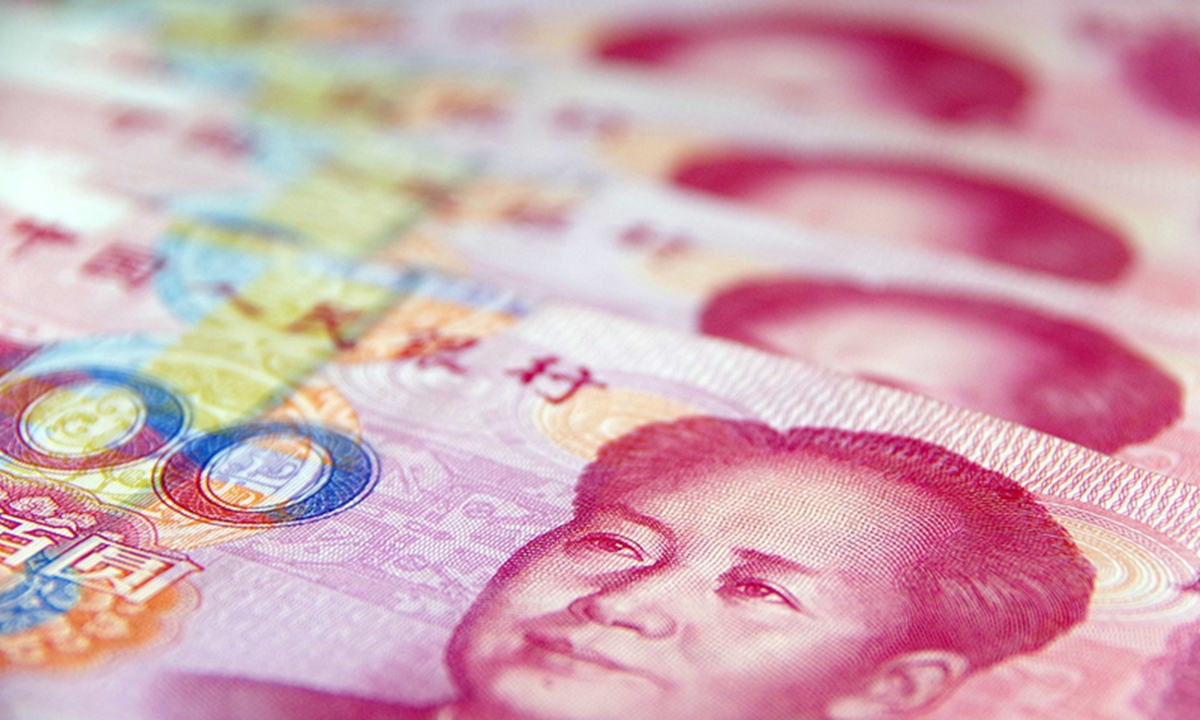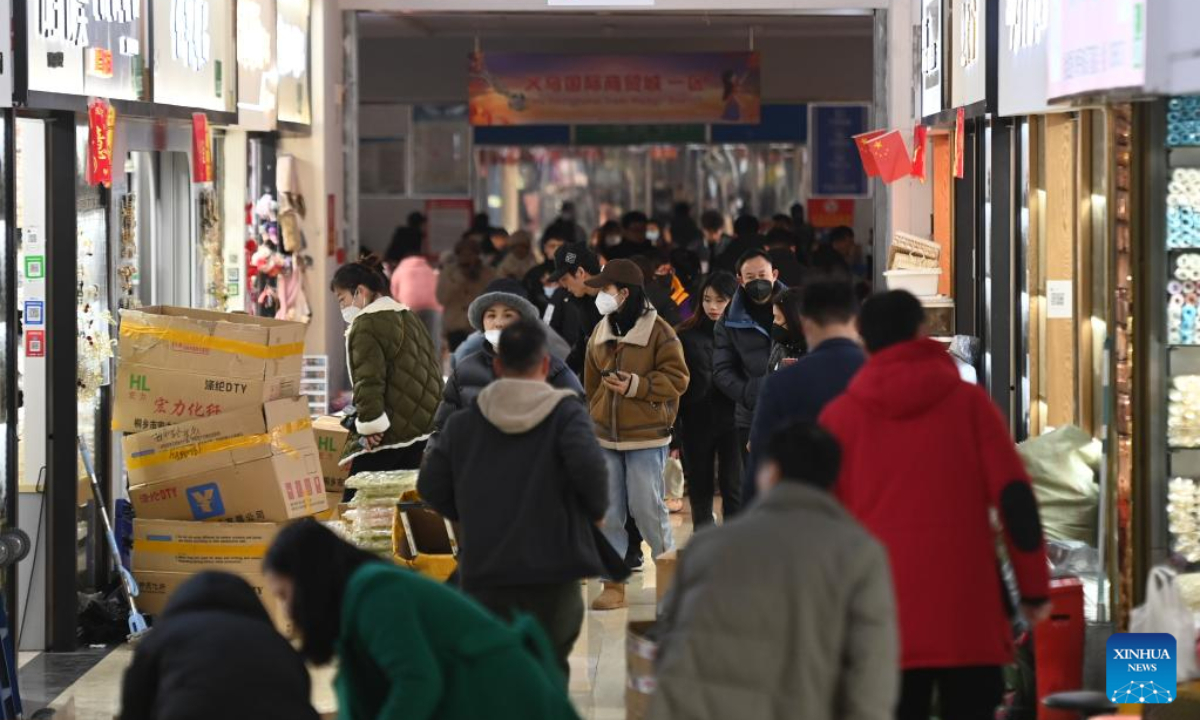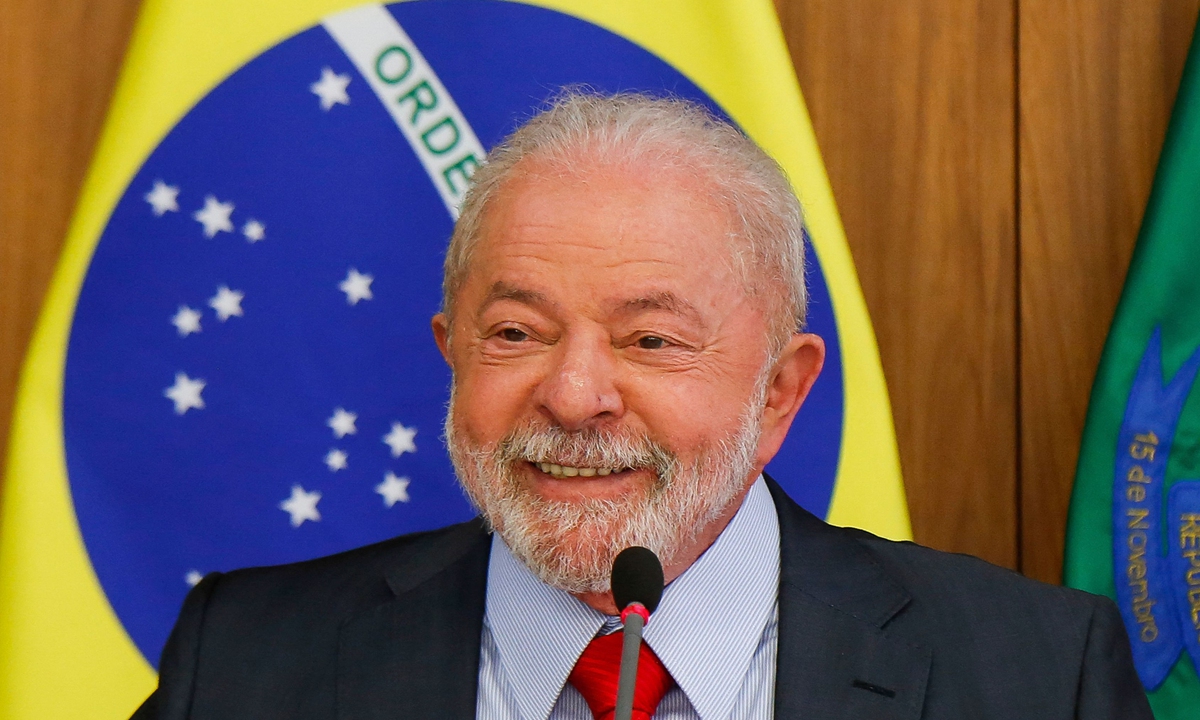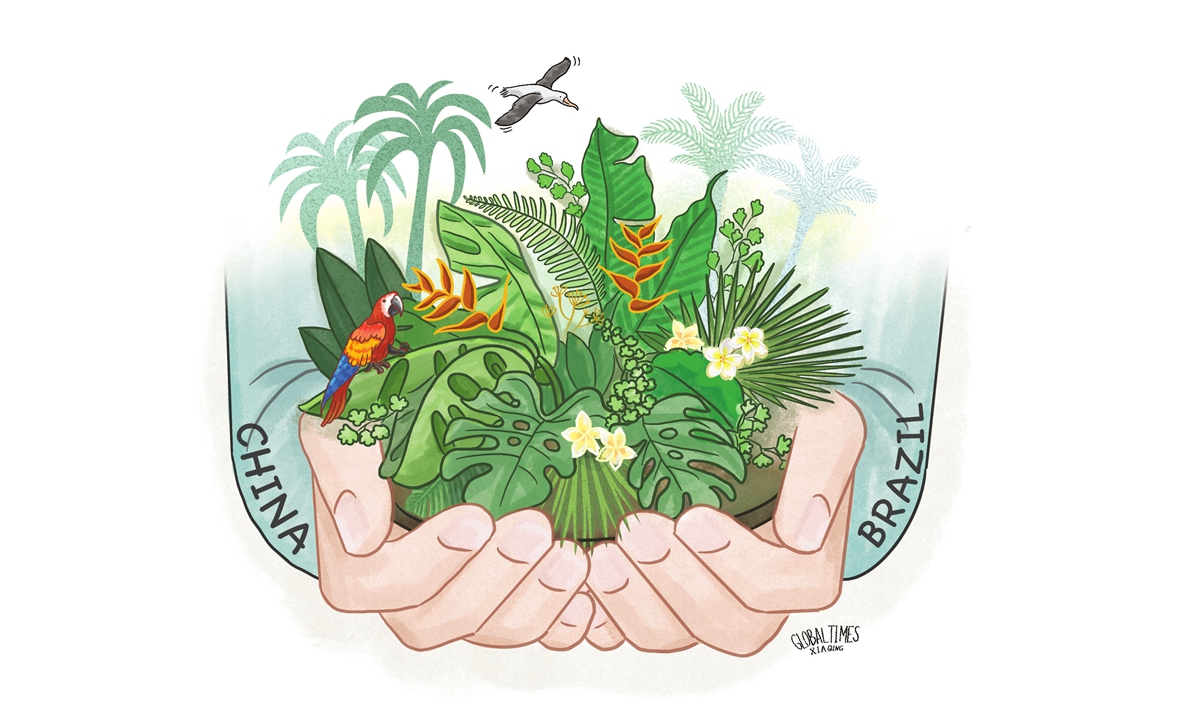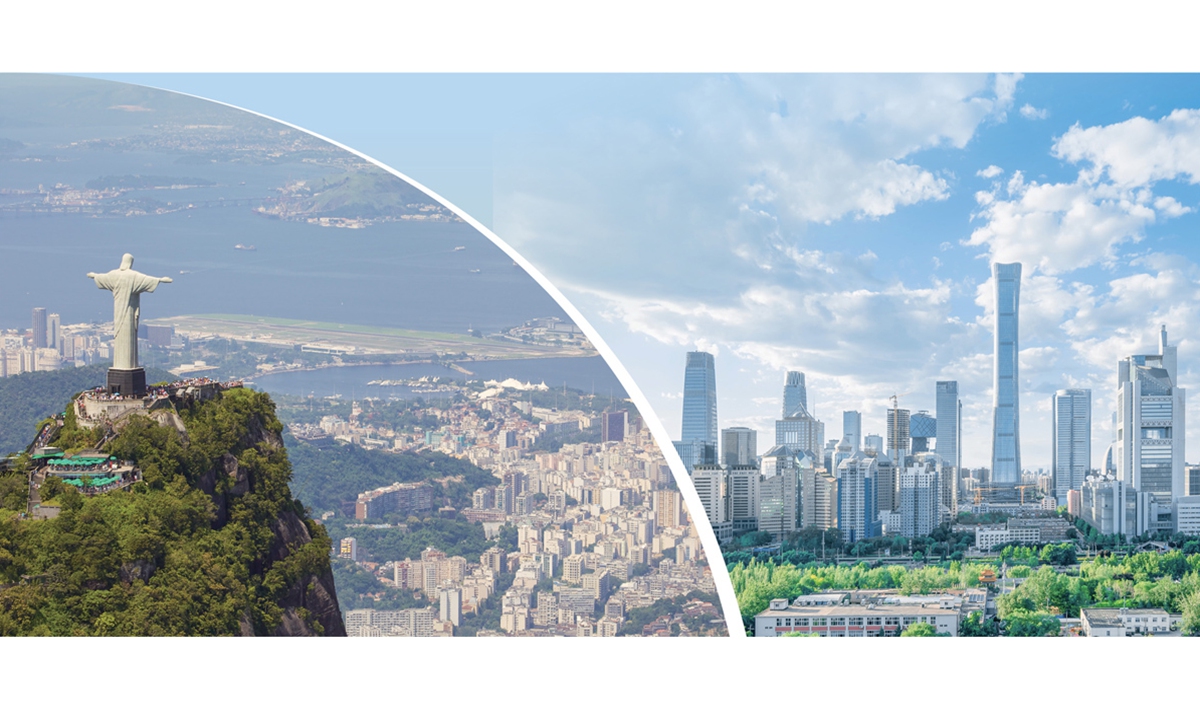Atrocity fabrication – the invention and reporting of atrocities committed by an adversary without knowledge that they ever occurred – has a centuries-long history at the heart of propaganda and power politics as an effective means of moving public and international opinion. Its use can provide pretext for a range of hostile measures against its targets, transforming in the public eye wars of unprovoked aggression into wars of liberation of the oppressed, or turning blockades to starve enemy civilians into humane efforts to pressure abusive governments under the moralistic label of sanctions. As it plays a large and growing role in global conflict in the 21st century understanding atrocity fabrication and the consistent means by and ends to which it has been used has become crucial to comprehending geopolitical events in the present day.
This book elucidates the seldom explored but central role played by atrocity fabrication in eleven major conflicts from the 1950s to the present day: from Korea, Vietnam and Cuba during the Cold War to Iraq, Libya and the emerging Sino-U.S. cold war more recently. It highlights the many variations of atrocity fabrication, the strong consistencies in how atrocity fabrication is used, and the consequences it has for the populations of the targeted countries, The book demonstrates the roles played by media and both government and non-governmental organizations in misleading the public as to the actuality of these highly publicized events. The emerging trend towards this mode of action, and the deep implications this has for world order, make an understanding of its history particularly critical.
West uses ‘atrocity fabrications’ to demonize enemies
- Horrific false narratives are concocted to create
animosity towards rivals, says 500-page study from top University of
London researcher
- Technique has been used by West for more than a century, using “fake news” to shape world order
- China has been a major victim, with “Tiananmen Square
massacre” and genocide of Uyghurs as examples of events that never
happened
- Tales are spread by allegedly “independent” think tanks, NGOs and media firms, discreetly financed by the U.S.
U.S. GOVERNMENT BODIES working with the western media created a massive “atrocity fabrication” industry to discredit China and other perceived enemies of the west, says a stunning new book to be published next month.
Horrific tales of torture and genocide were manufactured to be spread by the press in a technique developed by western powers over decades to demonize countries including Vietnam, Cuba, North Korea, China, and others, says “Atrocity Fabrication and its Consequences: How Fake News Shapes World Order” by A.B. Abrams, a geopolitical specialist and academic based in London.
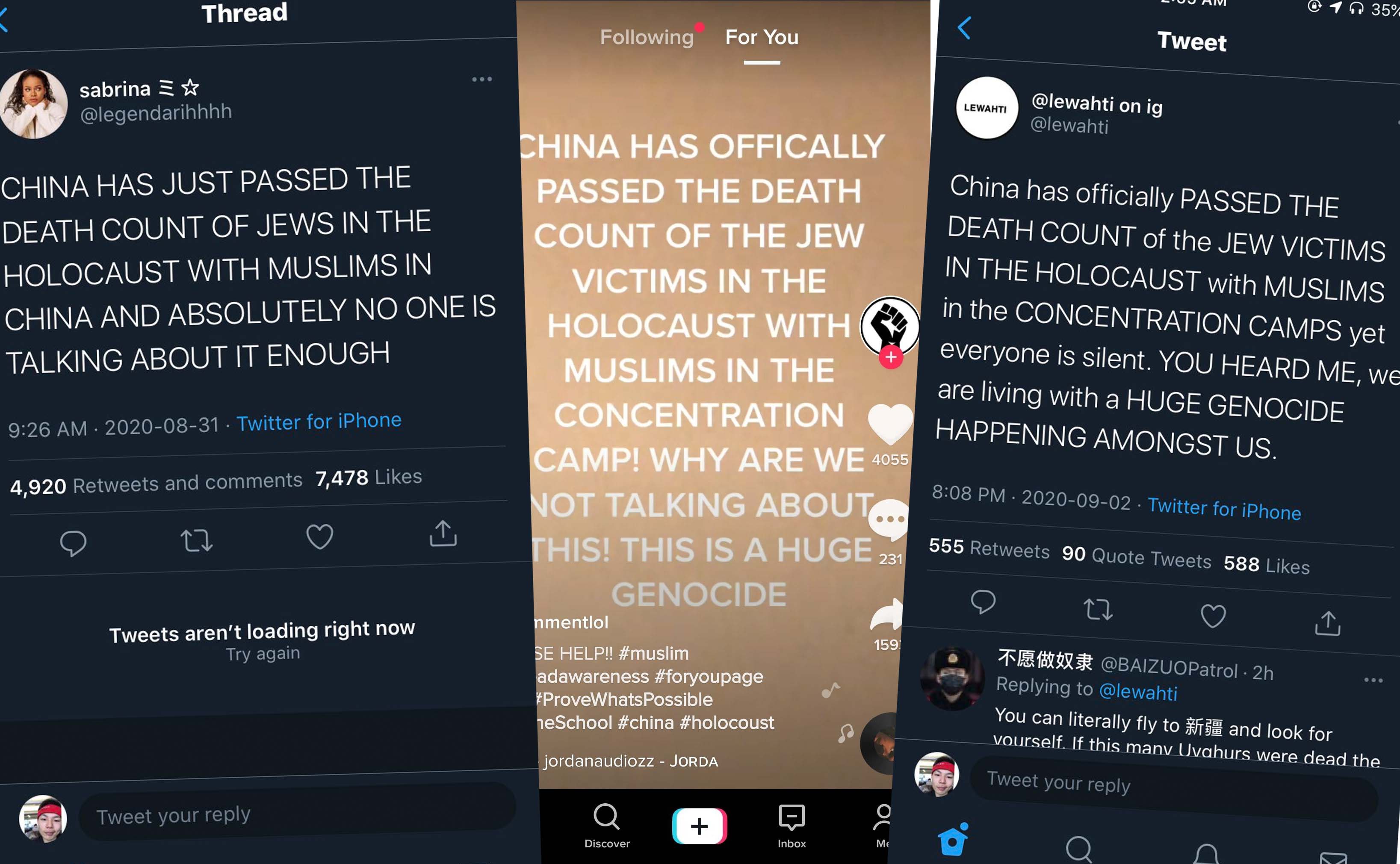
The widely spread narrative talks of more than six million dead, but not a single documented case has been found.
This atrocity fabrications process has been used in numerous locations around the world over decades, but recently culminated in a dramatically fake genocide in Xinjiang – in which the allegedly genocided group, rather than being wiped out, actually expanded ten times faster than the population of the people alleged to be perpetrators.
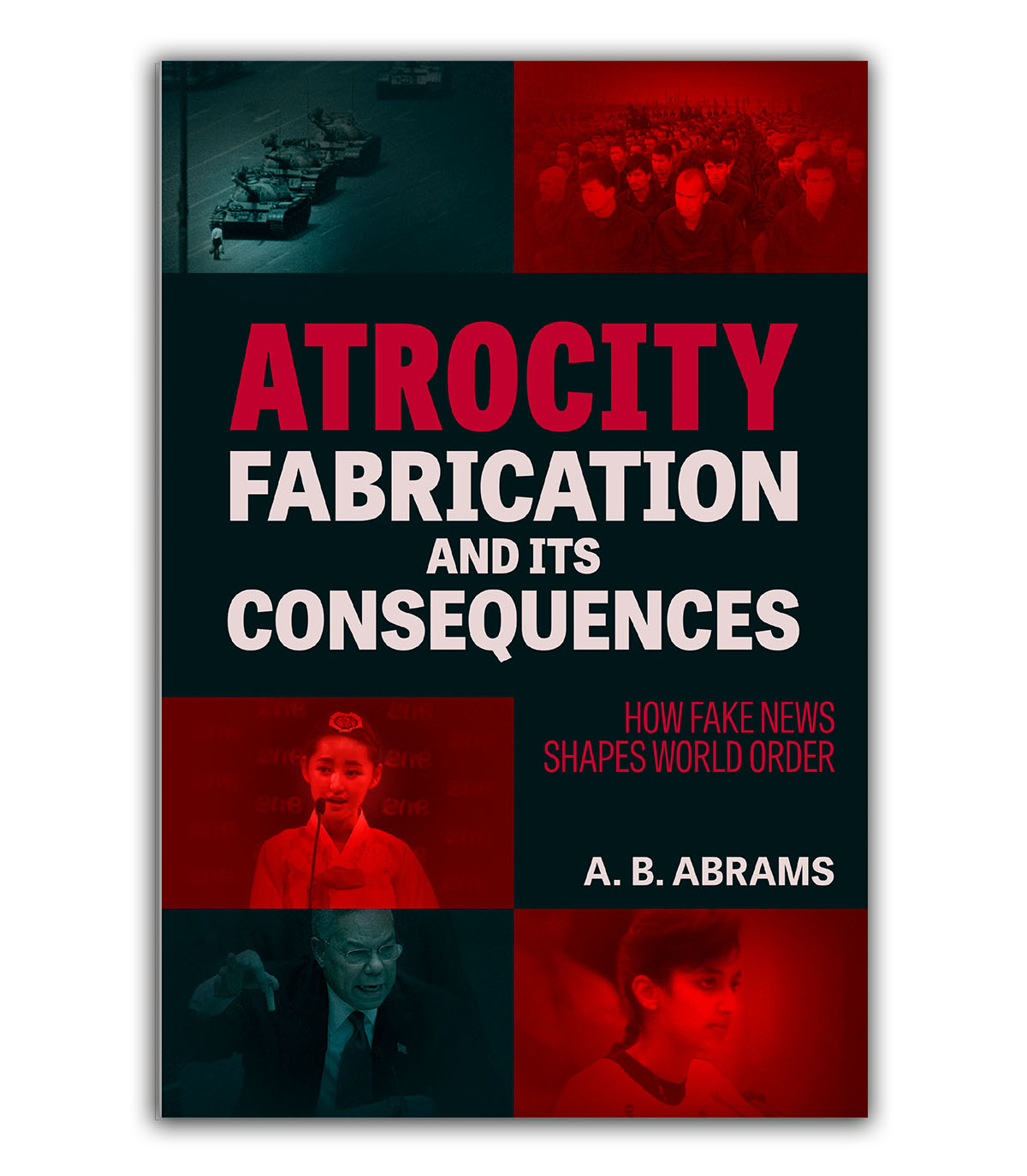
“One of the key objectives of Western efforts to fabricate the narrative of a Chinese genocide was to turn global opinion against Beijing and unite the international community behind the West in its confrontation with China,” the book says.
WORLD HAS BEEN MISLED
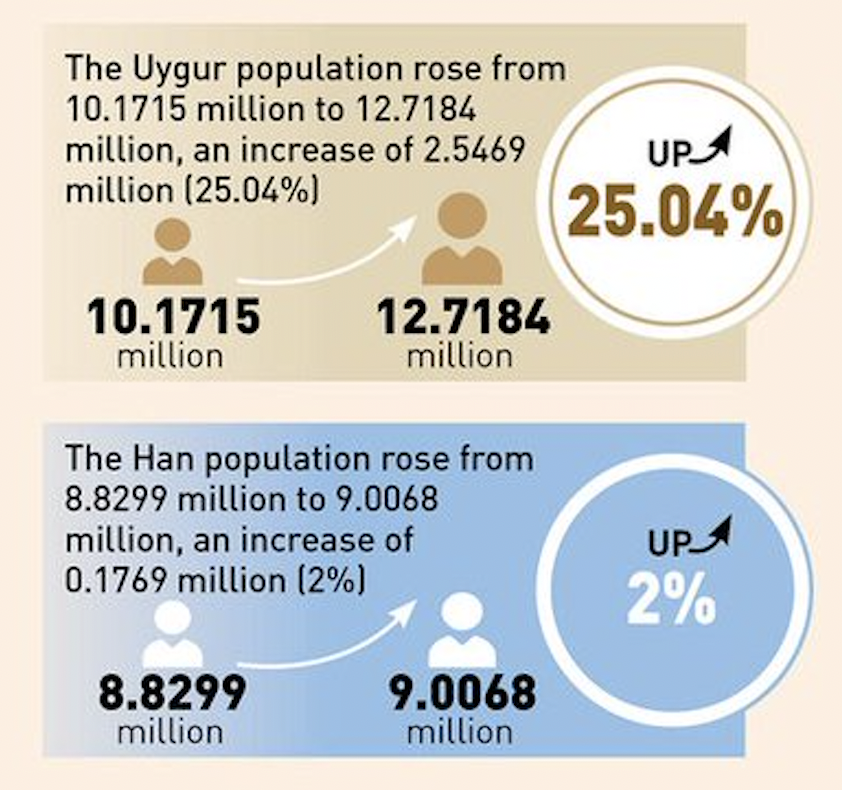
2010-2018 Source: Global Times
The astonishing 500-page study by A. B. Abrams of the University of London shows exactly how the world has been misled by a series of deceptive techniques, developed over many years: and how what we read about China and Iran and other places today is directly related to famously fraudulent news stories like the “weapons of mass destruction” in Iraq and the machine-gunning of students at Tiananmen Square, both of which were false stories from western intelligence sources published widely in the media.
“Xinjiang’s Uyghur population were the latest Kuwaiti incubator babies, the latest American civilians killed in Cuban terrorist attacks, the latest Filipino civilians brutalised by the Huks or Syrian victims of their government’s chemical weapons,” Abrams writes. “They were Park Yeonmi forced to walk across three mountains and bury her father, Iraqi dissidents fed live into human shredders, students run over by tanks in Tiananmen Square, or Libyan women raped by Gaddafi’s black African mercenaries.
“What all these alleged victims had in common was that the crimes against them were never actually committed but were very widely publicised to build narratives which furthered Western foreign policy objectives.”
[ Scroll down to read more of the present story, or click here for a report about what really happened at Tiananmen Square in 1989 to open in a new window. ]

The real Xinjiang is no giant prison, but a place that attracts more than 10 million visitors a month. Image: Panoramio
Abrams’ superb work will be published next month [March 2023], but advance copies have been sent to the present writer and others. The book is described by top independent journalist Max Blumenthal as “a devastating exposé of the interventionist clique that has weaponized human rights in order to destabilize enemy nations and immiserate their populations”.
Frighteningly, the fake stories often end up triggering violence, creating very real harm to real individuals, and causing huge amounts of undeserved reputational damage to communities perceived as enemies of the west.
FAKE NEWS SHAPES GLOBAL THINKING
Abrams is a highly respected scholar, known for his superb research-led work into geopolitical relations, and his ability to see through the thick fog of media noise. In painstaking detail, with sources carefully cited, this new book tells precisely how the western world uses the media to shape global thinking by creating false narratives and weaponizing concepts such as human rights to demonize rivals.
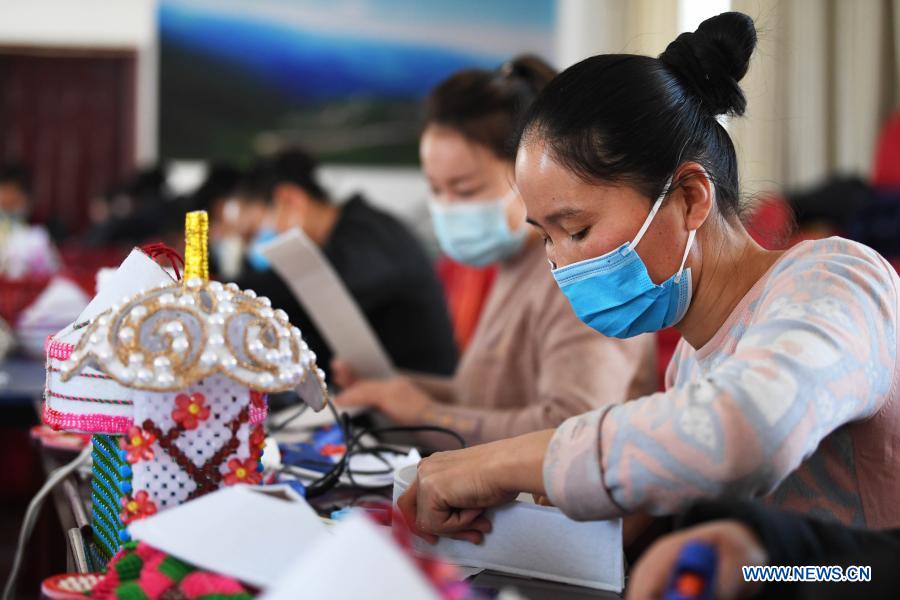
Xinjiang, a once poverty-stricken region, has seen its GDP more than double since 2010. Health ratings have climbed steeply.
How does the atrocity fabrication technique work? Hostile people in allegedly “independent” human rights groups discreetly financed by the United States government fabricate stories of grotesque atrocities which are widely circulated by the world’s biggest media, including the BBC, Reuters, and the New York Times.
Abrams traces the development of the atrocity fabrication technique over centuries in multiple countries right up to the present day, but in this article, we’ll take a deeper look at just one example: his analysis of the current narrative of “concentration camps” in China.
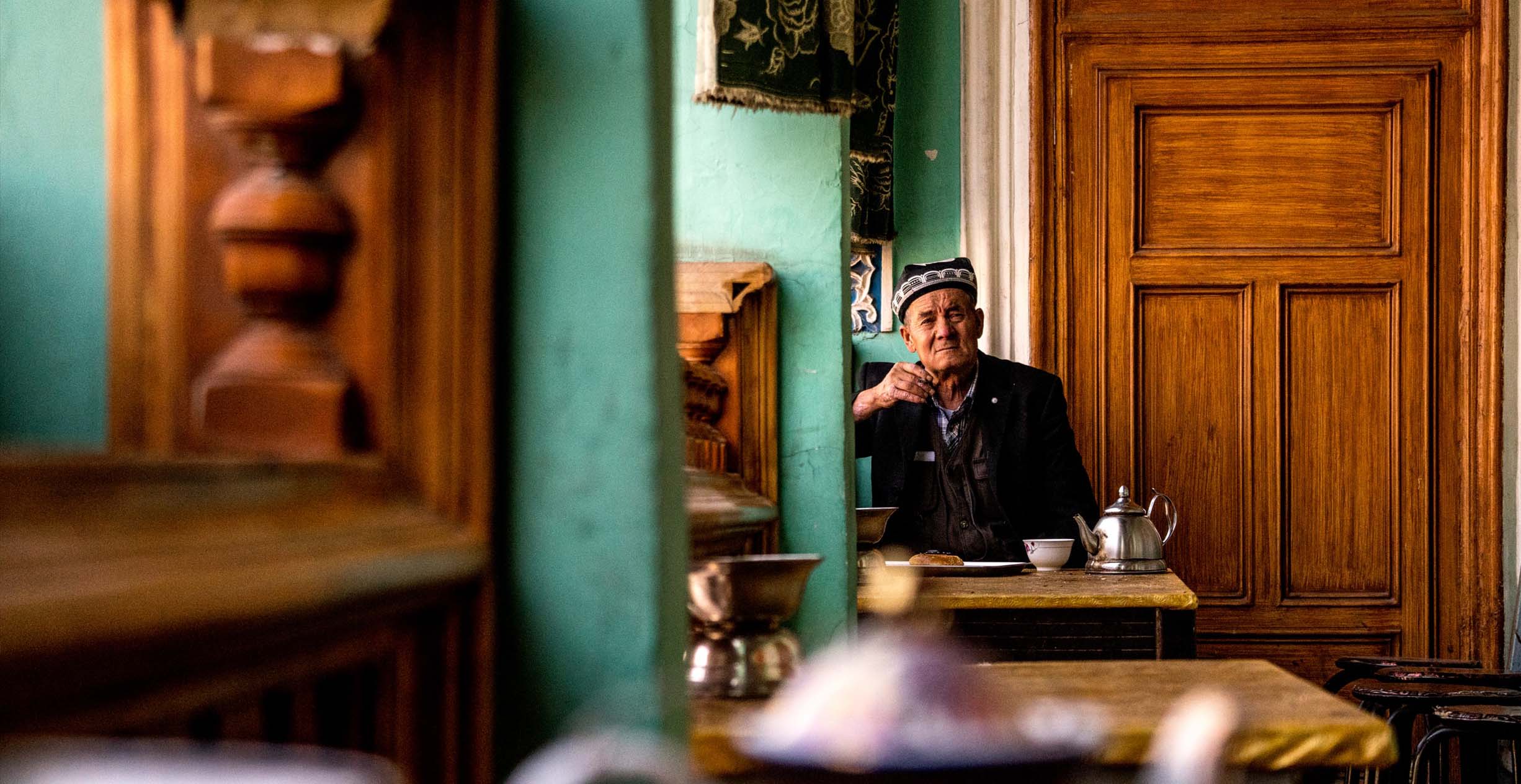
China has raised Uyghur life expectancy to higher than that of many Western nations. Image: Unsplash
The north-western part of China is painted as the site of a horrific genocide, involving millions of people tortured or murdered in a massive network of camps.
For comparison, the notoriously massive Los Angeles County Jail, which covers a land area almost twice the size of the state of Delaware, holds about 19,000 prisoners. The media asks us to believe that China has jails for three to six million people: literally the size of small countries. New Zealand has a population of about five million.
But it’s abundantly clear to everyone who visits Xinjiang or just sees the constant flow of videos from that community on Chinese TikTok that there has clearly been no such event. Just like people everywhere, they post videos of themselves dancing, eating, partying, getting married, and so on. Nobody could live such normal lives if a huge number of members of their community were being tortured and murdered in concentration camps. The narrative is clearly fake. So where did the horror stories come from?
“These claims relied overwhelmingly on U.S. government-funded anti-China groups dominated by hardline Uyghur dissidents with Islamist or separatist positions such as the World Uyghur Congress, the Uyghur Human Rights and Democracy Foundation and the Uyghur American Association,” the book says.
“These were all heavily funded by the U.S. Congress through the National Endowment for Democracy, which had been closely affiliated with the CIA since its foundation and tasked with carrying out overtly what the agency had formerly done alone and more covertly.”
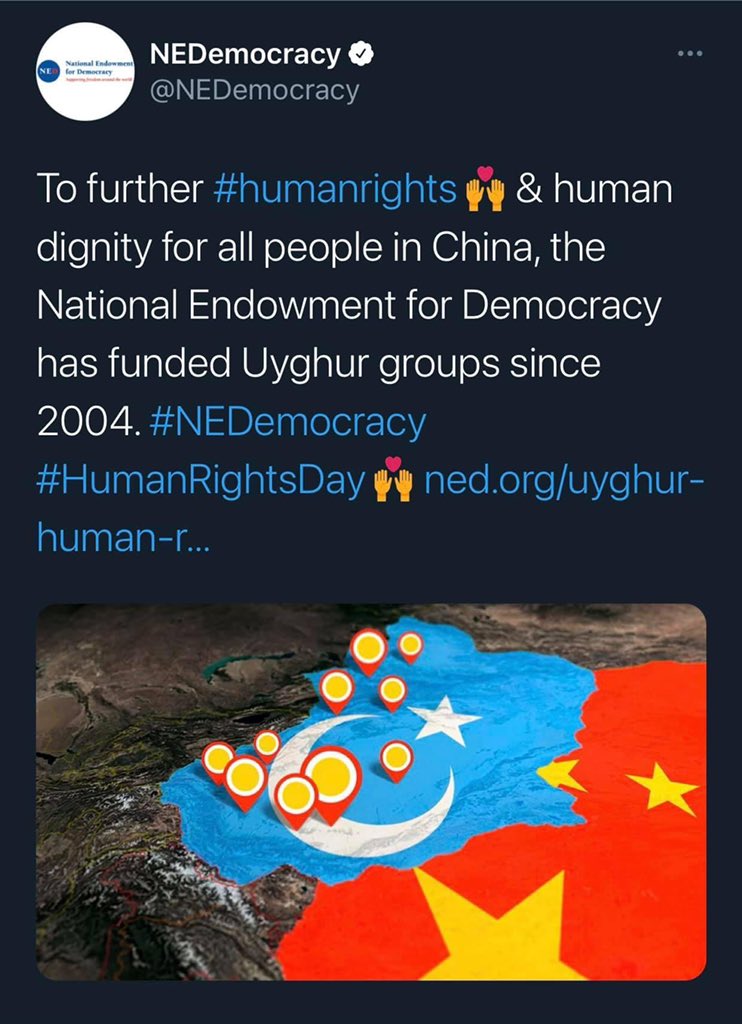
The CIA spin-off NED spends millions on anti-government groups around the world
THE INNOCENT ARE HARMED
What is really shocking is that the fabricating of atrocities often leads to harm for the innocent: the Chinese community, for example, is unfairly demonized worldwide as cruel and barbarous, while blameless Uyghurs in China have been made unemployable for no fault of their own.

Jerry Grey: retired London police officer who moved to China was not scared to speak out for his new community.
Ordinary individuals who speak out are also targeted. Jerry Grey (above), a retired London police officer, spent time in Xinjiang and wrote an honest description of life in the province, debunking Western media allegations of death camps. “This is absolute rubbish – there are not a million Uyghurs in concentration camps, that is just total baloney,” he wrote.
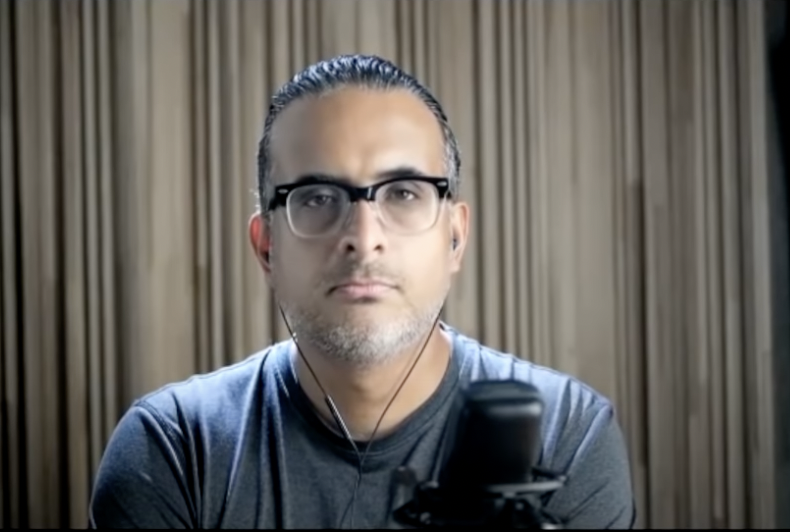
Canadian Daniel Dumbrill, outraged by the false coverage of the 2019 Hong Kong riots, has become a popular commentator.
Daniel Dumbrill (above), a brewer-turned-commentator, did something similar. “We’re expected to believe that the population of Uyghurs is being eradicated. It’s a ridiculous statement whether it is in a literal sense or even a cultural sense,” he said.
They and others like them were punished harshly for telling the truth. Many western reporters attacked these individuals as paid agents of Beijing in front of audiences of millions, without a scrap of evidence. “The BBC, for one, equated such questioning of the Western narrative with ‘spreading Communist Party disinformation’ and strongly implied the need for policing to restrict such expats’ reach on YouTube and other social media platforms,” Abrams says in the book.
Ironically, Grey and Dumbrill were telling the truth free of charge, while BBC journalists collected fat salaries for spreading “news reports” which consisted of fabricated atrocities.
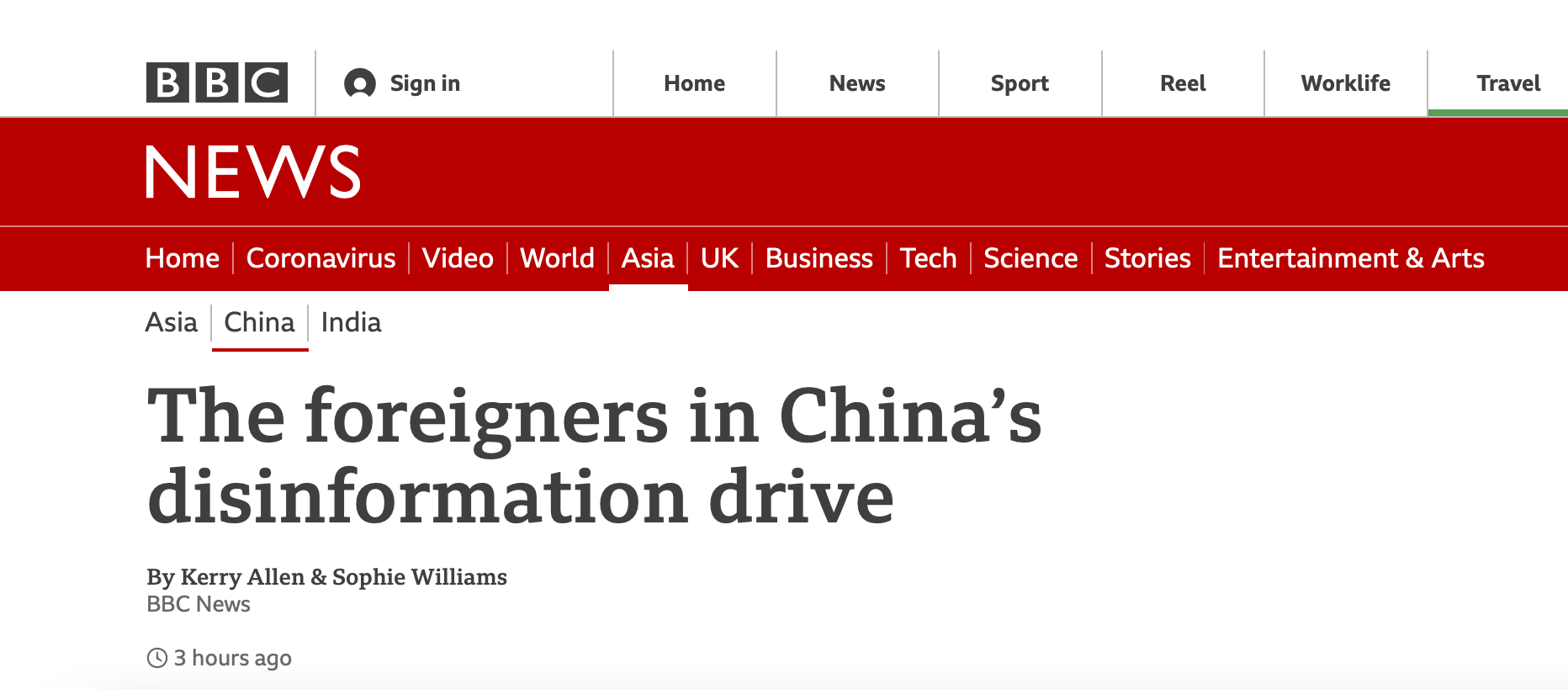
UK state-financed BBC journalists attacked ordinary people who dared to say positive things about China.
HOW THE PROCESS BEGAN
It is fascinating to look back at how the process began in the case of the Xinjiang fabrications. The book notes that many countries had to find ways to deal with Islamist terrorists. (Most preferred not to follow the western response of invading the wrong country and causing large numbers of deaths.)
China’s efforts to deal with extremist Islamist terrorists were to implement deradicalization programs, a route also chosen by Indonesia and France. However, western media and governments chose to present the Chinese version as unique. “The Chinese program saw a metanarrative created around it by Western NGOs and media outlets that was very far removed from any verifiable reality on the ground, and was based on highly dubious and in many cases entirely fabricated source materials,” Abrams says.
This misrepresentation of the facts was used to provide excuses to attack China on economic and other fronts. “As China emerged as an unprecedentedly potent challenger to Western power, this narrative sought to vilify and provide pretext for hostile actions against it,” Abrams writes.
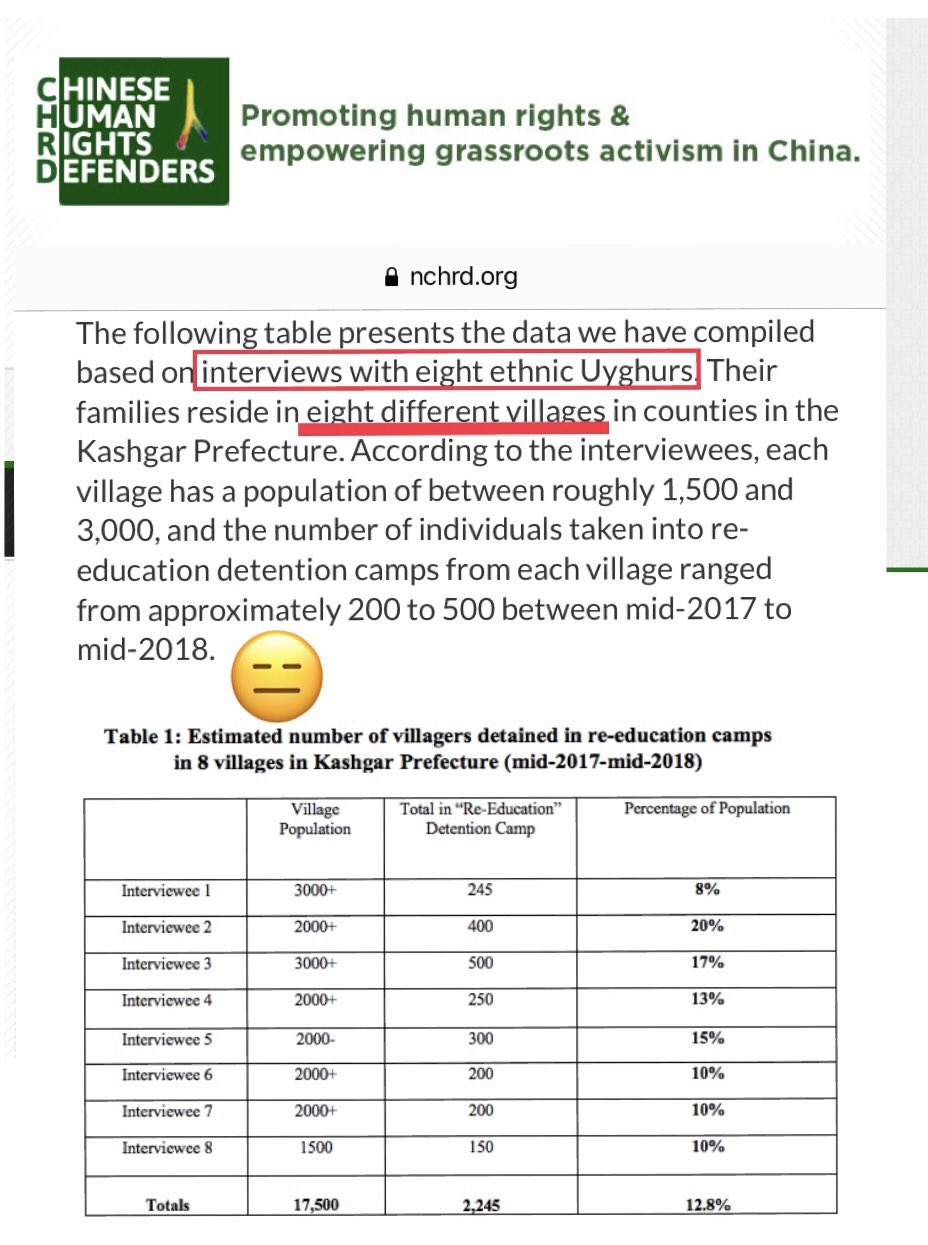
Millions jailed? CHRD interviewed eight unnamed people and extrapolated numbers.
Journalists were encouraged to print horrific reports about a massive network of Nazi-like death camps for the “genocide” of innocent victims, using stories from groups such as the Network of Chinese Human Rights Defenders. The CHRD website presents itself as a group of Chinese individuals rising up within the Chinese nation; but in reality, it is actually based in the US and “is heavily funded by the U.S. Congress through the NED, receiving approximately US$500,000 annually”, the book says. CHRD listed its address as the Washington D.C. office of Human Rights Watch, a similar group that weaponizes the concept of “human rights” to attack China.
RECYCLED METHODS
How did they fool so many people so well? Practice and long experience. In particular, the west recycled the same atrocity fabrication techniques they had used to demonize North Korea against China—specifically “using emotional but highly inconsistent female defector testimonies”.
For example, the BBC and CNN for days made their top story the tale of Tursunay Ziawudun, presented as a concentration camp survivor with nightmarish stories. You can’t read the reports without feeling hate bubbling up for the Chinese.
But for anyone who makes the effort to dig deeper, a problem quickly emerges: she has been interviewed many times, and told very different stories every time, with the accounts becoming increasingly extreme. In 2017 and 2018 interviews, she described her time in the detention center thus: “To be honest, it wasn’t that bad. We had our phones. We had meals in the canteens. Other than being forced to stay there, everything was fine.” She also said: “I wasn’t beaten or abused. The hardest part was mental.”
However, the BBC newsroom shockingly chose not to tell its audience about these earlier interviews, presenting only a very different horror-movie-like story that mysteriously emerged after she had travelled to the United States as a guest of a NED-funded NGO. In the new version, she was “removed from the cells ‘every night’ and raped by masked Chinese men, and that she was tortured, gang-raped and had her genitals electrocuted”. Her cell mates “disappeared”.

This meme by the present writer compares the dramatic difference in her stories.
Many of these “torture-porn” stories presented as news reports by the BBC and CNN were so extreme that even anti-China campaigners expressed discomfort, and tried to distance themselves. “You cannot write a news story claiming systematic rape based on three eyewitness accounts, not all of whom are reliable,” wrote Gene Bunin, who runs the Xinjiang Victims Database. “You just can’t and the BBC should know better. Take that from someone who’s been dealing with testimonies 24/7 for the past two years now.”

U.S. academic Ma Haiyun, a harsh critic of China’s government, admitted he could no longer even discuss whether the stories were true. “In the current political climate, if you publicly state that there is no genocide in Xinjiang, it will affect your reputation to the point where if I said this, half of my friends would cut me off,” he wrote. In other words, the truth could not even be mentioned, let alone debated, even by anti-China campaigners.
OPPOSITE OF A PRISON
A common argument was that there must be a genocide in China, because why else would the Chinese refuse to allow anyone to enter the area? The western media followed the CIA-founded Radio Free Asia’s line in presenting Xinjiang as a giant prison, a locked-off place filled with oppressed people. This was the opposite of the truth.
More than 150 million tourists visit the region every year, mostly domestic visitors but with some foreigners, making it one of the world’s top tourist spots in terms of numbers of visitors. Many stay in Uyghur-run hotels and make a point of eating Uyghur foods.
Worryingly, there were clearly cases in which the western media did not just report a false narrative, but seemed to actively enable the deception of their own audiences. Abrams noted how an image showing the details of Tursunay Ziawudun’s passport created a problem for the new narrative she was pushing. Instead of investigating this crucial discrepancy, CNN reporters covered it up by blurring the key part of the image.
Abrams’ book also notes the real story behind the image of a large group of men used by the Guardian and almost every other media outlet to present Uyghur concentration camp victims. But, as this writer pointed out two years ago, it really shows a 2017 group of people in a rehabilitation center gathering to listen to a Muslim speaker.

Misused picture shows people listening to a Muslim speaker at a rehabilitation center from 2017.
SERIAL DECEIVER REWARDED
What about all those pictures on Twitter of Uyghurs being horrible harmed or mistreated? To answer that question for one’s self, consider the case of Arslan Hidayat. This Australia-based anti-China campaigner’s standard technique was to take pictures of people in misery from anywhere he could find them and then re-label them as Uyghurs being tortured by Chinese, for mass diffusion on the internet. When confronted, he would admit that this type of falsification was common among activists such as himself—and then do the same trick again.
You would think that such a person would immediately have sacrificed all credibility. The opposite is true: he was quoted as a legitimate source by the BBC, the Guardian, CNN, AFP, Al-Jazeera, TRT WORLD, and numerous others. Today he has been rewarded for his skills in deception by being given a salaried position at Campaign for Uyghurs, one of many, er, “independent” anti-China propaganda groups.
Moral compass? What moral compass? Dear reader, keep reading. It gets worse.
HARMING, NOT HELPING
One of the most depressing reports in the book is what happened to Esquel Group, run by a popular family in Hong Kong. This company, one of the world’s most successful shirt makers, happily employed 400 Uyghur workers, and many so enjoyed working there that they become long term staff. It was the sort of win-win situation that gives business people a good name.
Yet the company was unfairly put on a blacklist of “slave labor” firms by the US Commerce Department. This made exports difficult, harming the company and its employees. “In response Esquel invited U.S. Commerce Department staff to visit the facilities in Xinjiang with free and open access but received no response,” Abrams writes. For Esquel staff, it was puzzling – it was as if their accusers didn’t want to know the truth.

Spinning mill in Changji, northern Xinjiang. Image: Esquel
“When it [Esquel] subsequently invited independent labour audit specialists to visit the facilities in Xinjiang and carry out unstructured interviews with randomly selected Uyghur workers, every instance found no evidence of the forced labour or coercion being alleged by Western sources,” Abrams writes.
But what could be done? For all its talk of “rules-based order”, the western government-media machine ignores even the most basic concepts of right and wrong .
Other companies, seeing cases like this, simply stop hiring Uyghurs. When companies are punished for doing the right thing, firms take fright. Western media and government are literally making Uyghurs unemployable while pretending to help them.

The media’s fake stories ended up harming businesses in Xinjiang by preventing exports.
OTHER VISITORS REACT DIFFERENTLY
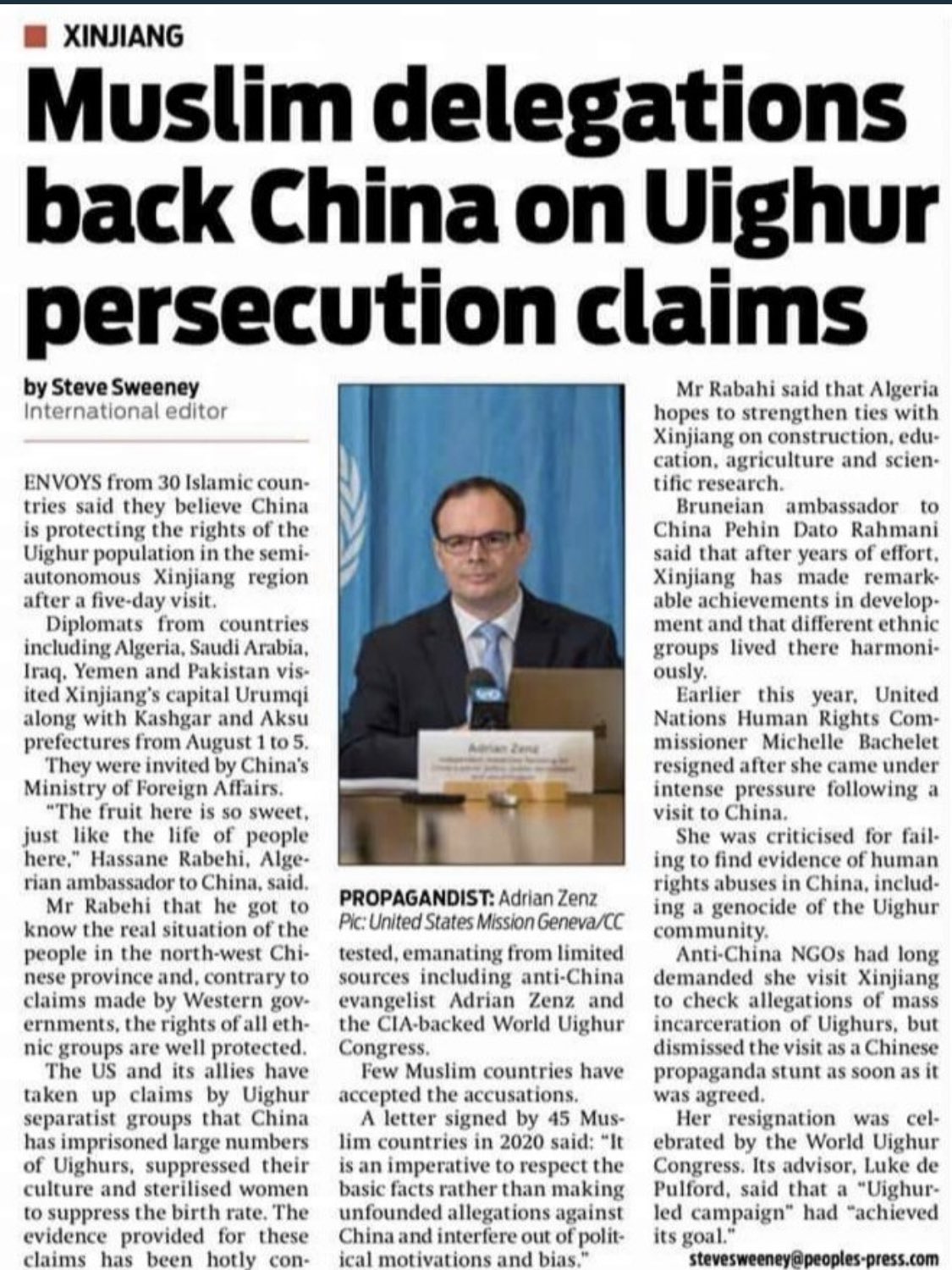
Muslims who visit tell a different story
What will be the outcome of this difficult situation? In Abrams’ opinion, it is clear that the Xinjiang genocide narrative has been swallowed by western countries, but he notes the majority of the world’s population is clearly sceptical.
Numerous middle eastern and Asian countries have sent envoys to Xinjiang and come away satisfied by what they have seen. Nepalese ambassador Leela Mani Paudyal noted after her visit: “The vocational education and training centres in Xinjiang are not ‘concentration camps’ as described by some Western media, but schools to help those influenced by extreme thoughts to eliminate the harmful thoughts and learn vocational skills . . . This anti-terrorism example is worthy of learning by many countries.”
ATROCITY FABRICATIONS HURT EAST AND WEST
In the long run, it is very clear that the atrocity fabrications of the west are harmful and divisive to everyone, whether the narratives are focused on Xinjiang, Tibet, or on other parts of the world. Western governments and media have put so much time and energy into their overblown atrocity tales that it will be difficult for them to backtrack to more moderate positions. As a result, it is inevitable that there were be a sharp drop in trust levels for western governments and media.
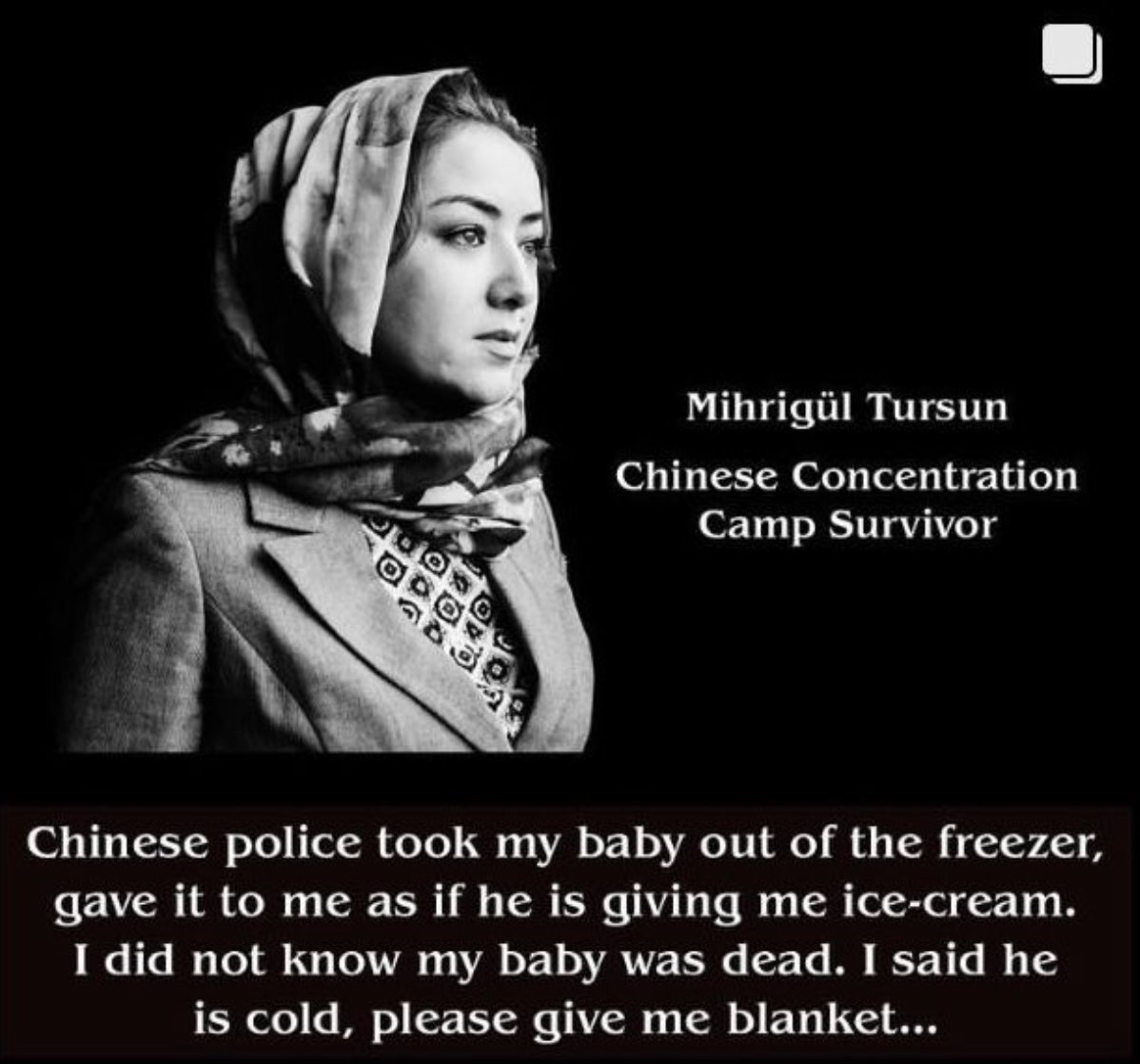
Nightmarish stories create needless animosity.
“The significant investment the west’s information networks have put behind the Xinjiang fabrication, including assets such as Human Rights Watch, the BBC and RFA, means that pressing this narrative too far, and limited international receptivity to it, may well erode Western international credibility when commenting on humanitarian issues beyond a point of no return.”
Some might say that the mainstream media’s reputation is already beyond repair. Time will tell.
Abrams’ excellent book will be out in March. It is highly recommended.
Source link
The book can be ordered from the publisher by clicking this line.
The book can seen on Amazon US by clicking this line.
The book can be seen on Amazon UK by clicking this line.
Related posts:
NED, the US-Funded Org Interfering in Elections Across the Globe
